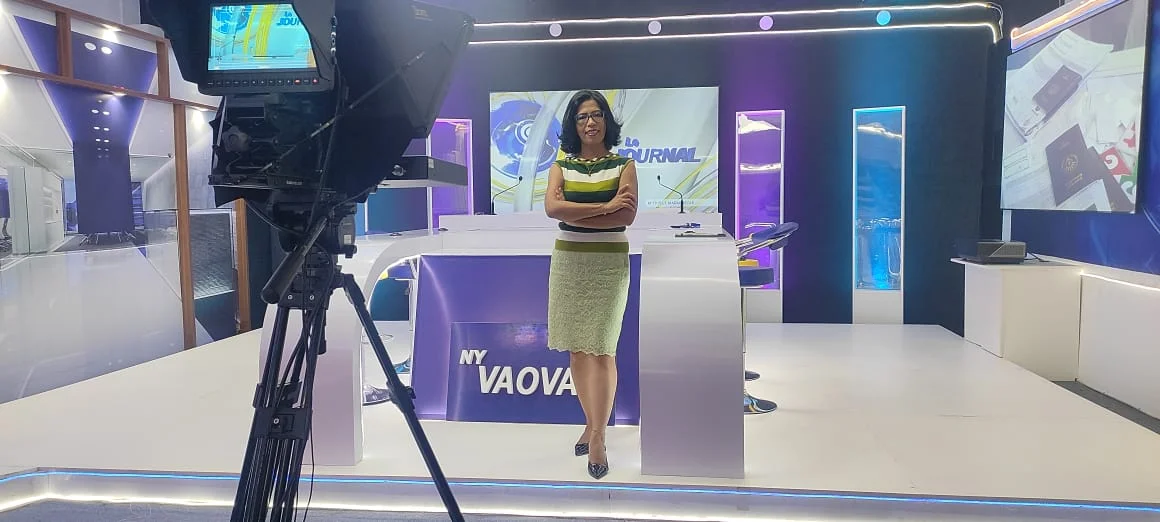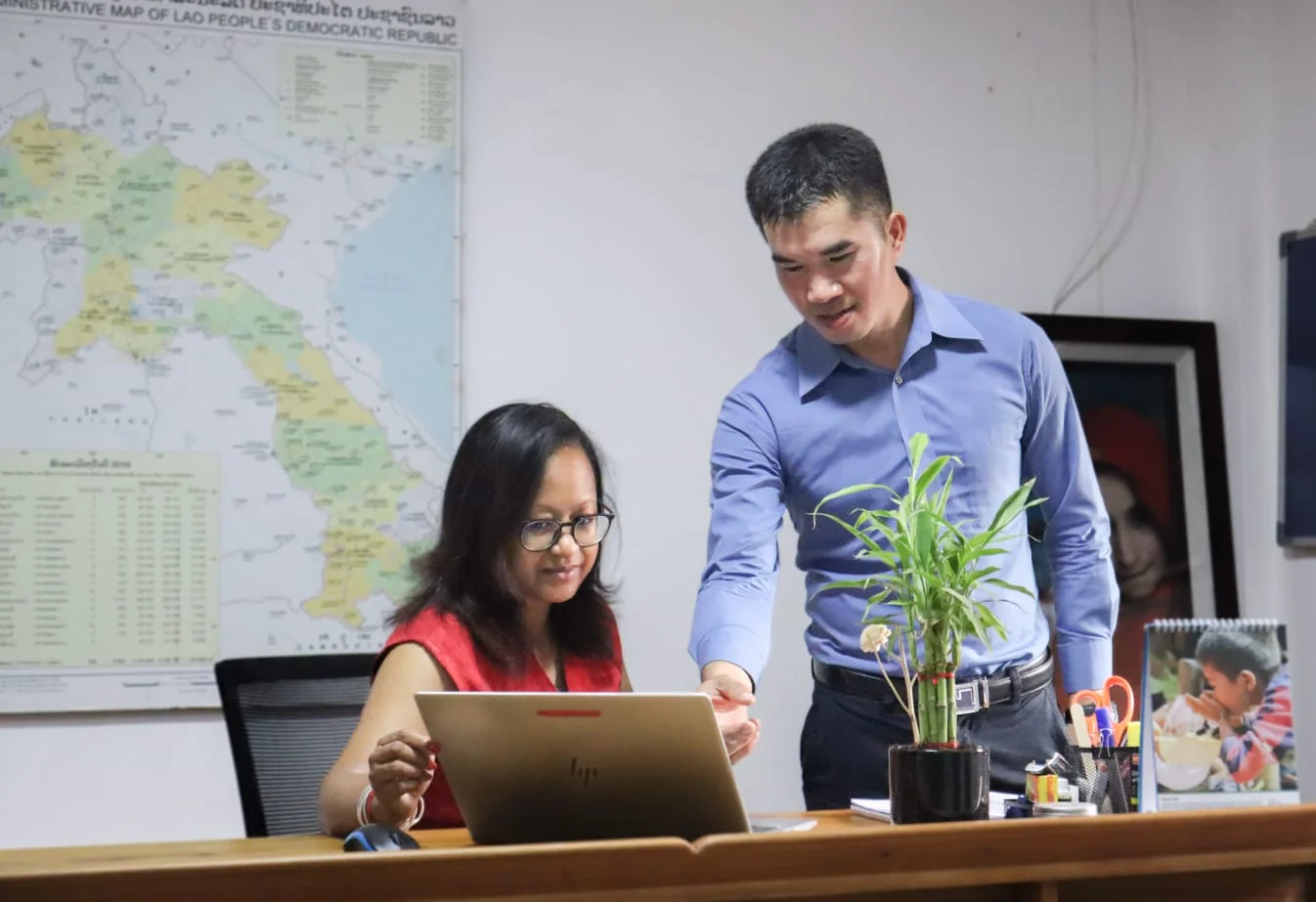
Economic analysis of the audiovisual industry, opinion of a professional
1- How have recent economic developments affected the financial health of your TV and radio station?
To put it bluntly, inflation has had a direct impact on operating costs and fixed costs.
For example, the increase in the cost of the kilowatt-hour of electricity from 370 Ariary to 666 Ariary has caused Jirama's bills to soar.
The increase in the cost of foodstuffs on the market stalls has led to an increase in expenses for the staff canteen, a mainstay in an audiovisual company.
In general, the bills for purchases of any kind have exploded.
Radio and TV stations sell their airtime. During difficult times, advertisers tend to cut back on their communication investments. With the inflationary context, and the reluctance of advertisers, the turnover contracts.
However, "it is mainly here that the importance of communication for companies in difficulty is revealed. Faced with the many obstacles that may mark the course of the company, a well-designed communication is an effective tool to exit the crisis.
Laurent Dufour, Le blog du dirigeant, 18/02/2021
The airwaves serve as a safe and durable medium in this sense.
The reduction of margins is therefore a necessary step, especially since inflation is set to last, in the face of a global post-health crisis context and the dawn of a new cold war, with the war in Ukraine as a backdrop
2- What are the main economic challenges facing your TV and radio station at the moment?
The audiovisual sector is highly competitive with 15 television stations and several dozen radio stations in the capital alone.
In order to cope with this, maintaining the current rate schedules has been one of the strategies adopted: to build customer loyalty and not to discourage new advertisers who opt for a well-designed communication, on a reliable medium, in order to ward off the effects of the crisis.
As a result, sales are more or less stagnant.
But, as mentioned before, inflation is a reality that will persist.
Juggling these two parameters remains the main challenge. To stay down to earth, let's say it's about keeping the cash flow afloat so that we can continue to innovate in terms of equipment and motivate the human resources.
3- How is your TV and radio station dealing with competition from streaming and online content platforms?
The group has responded by creating - rather late, admittedly - its TV Plus Madagascar Ofisialy page since December 1, 2019, which currently has 600,000 followers
Otherwise the YouTube/tvplusreplay account has existed for a little over 13 years and remains a preferred platform by the diaspora.
Otherwise, the presence on several platforms has also been prioritized: webradio - satellite platforms: Canal+, StarTimes, Parabole - terrestrial platforms: Blueline TV, Telma TV, UHF Antsirabe, UHF Morondava, UHF Fianaranatsoa, UHF Mananajary, UHF Toliara, UHF Toamasina, UHF Ambatondrazaka, UHF Antananarivo
Competition from streaming and online content platforms is not yet an immediate threat in terms of competition but this will evolve accordingly over time and this is the reason why TV Plus Madagascar is present on social networks.
4- What strategies has your TV and radio station put in place to maintain its profitability and growth despite the current economic challenges?
On the revenue side, creating programs and events to attract advertisers remains the most impactful.
On the operating expenses side, strengthening the purchasing department, dedicated to comparing quotes for a better quality/price ratio in all purchases
5- How does your TV and radio station work with advertisers and sponsors to maintain its advertising revenues?
There are four key elements:
- Juggling between cash (for all clients) and credit (reserved for large and long-time clients)
- Specific discounts on commercials
- Bonuses for preferred customers
- Preferential offers for all events
6- What are the prospects for your TV and radio station in terms of economic growth and long-term viability?
Geographic expansion guarantees the best path to growth and long-term viability. But it is a big challenge because it requires large investments. Fortunately, there are enough training centers in the audiovisual industry to provide a pool of skilled human resources, which are absolutely necessary to perform in this field of activity. However, geographic expansion means access to new markets, which is why it is a growth prospect.
7- What is your opinion on the current economic situation in Madagascar?
The cost of energy is proving to be the most problematic. Access to energy is a crucial factor for a prosperous economy.
Roads also leave much to be desired, whether they are national, regional or even communal. Madagascar needs to invest heavily in rehabilitating roads and building new ones, as they certainly contribute to the fluidity of trade and the functioning of the country's economy.
8- What economic policies or reforms should the Malagasy government implement to stimulate economic growth?
As much as new cars do not undergo a technical inspection during the first 5 years of their circulation, it would be striking to do the same with newly created companies by giving them 5 years without paying taxes. After all, if these companies did not exist, or existed but were operating in the informal sector, the State would not collect their taxes either; whereas with an incentive policy of zero tax for the first 5 years of activity, this is the best way to encourage entrepreneurs to favor the formal sector, while ensuring future tax revenues, and especially to promote the creation of companies and jobs. All stakeholders benefit because even existing businesses will benefit from the arrival of new players, whether they are in the supplier or customer camp.
9- How does the current political situation in Madagascar impact the business environment?
The perception of impunity for the powerful and the wealthy in general is creating a climate of insecurity among investors.
Judges, through their union, complain of political pressure in their work. However, the separation of powers and the independence of the judiciary are enshrined in our laws. It is therefore up to the judges to "simply" have the courage to make them effective, by pronouncing verdicts appropriate to the law, notwithstanding direct or indirect pressures. But they should not always raise the spectre of such pressure as a scarecrow in order to hide possible failures or corruption in the environment.
The judiciary has an important role to play in the establishment of a favorable and serene business climate, where the citizens know they can count on the seriousness, the rigor and the impartiality of the judicial system
10- Finally, what are your hopes for the economic future of Madagascar?
Just as a company needs resources to function and keep itself alive, a country needs them as well. Hope is allowed for Madagascar because God has endowed it with multiple human resources with a young population in its majority, and natural resources (mining - biodiversity - agricultural products for export - etc...).
Even if Madagascar does not really have control over its natural resources (in view of the multiple traffics in this area, but also of the diktat of the international market rarely in favor of small poor countries), hope remains that, in the future, distant or near, this youth, once in charge and educated in the necessary arcanes, will finally dare to appropriate them as their own and use them as real resources to run the country and develop its economy, instead of doing so mainly through debt
11- What is the impact of the audiovisual industry on the economy of Madagascar?
I imagine that the impact is commensurate with any company that pays taxes, invests, and creates jobs but I do not have the overall figures to make any assumptions.
12- How can audiovisual companies contribute to the economic development of the country?
Globally,
- By paying taxes
- By creating jobs
- By investing again and again
More specifically
- By sustaining freedom of speech and opinion
- By creating programs that contribute to civic education
13- How do government regulations and policies influence the audiovisual industry in Madagascar?
The highly competitive audiovisual sector throughout the country tends to showcase a certain degree of press freedom, even though on the international scene, Reporters Without Borders placed Madagascar 98th out of 180 countries, a ranking that dropped 41 places in 2022. Nevertheless, depending on the editorial line of each media outlet, the new regulation 2020-006 of 01/09/2020 has banned imprisonment for press offenses, which is a real step forward. Even if it must be recognized that the "enemies" of a particular press will always be able to resort to other indirect means to achieve this.


.webp?alt=media&token=c16ba5ab-297a-4236-b1e4-043cce8e784a)